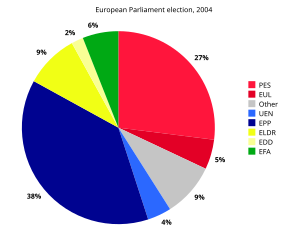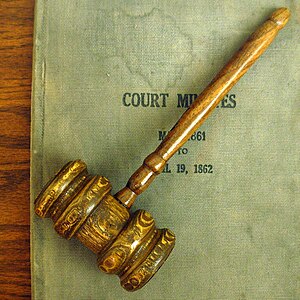Justice John Paul Stevens has announced his retirement from the
U. S. Supreme Court. He joined the
High Court in December 1975, having been appointed by
President Gerald Ford. He replaced the flamboyant Justice Douglas on the court. Although originally considered a moderate, Justice Stevens is now considered a member of the Court's liberal wing as the court has
drifted far to the right.
More importantly, Justice Stevens is a big fan of the
Chicago Cubs. (NOTE for newer readers- I have only one sports addiction: I am a Cubs fan)
The question for us is how did Justice Stevens rule on special education cases. Decisions involving special education do not follow the liberal vs. conservative analysis. Special ed has fans of all parts of the political spectrum - although this wide base of support still has not resulted in full funding, has it?
Justice Stevens has a very strong record on special education cases. Of the ten big Supreme court decisions, he wrote two. In the other cases, he voted with the majority in Rowley (FAPE);
Burlington and
Carter (reimbursement for unilateral placements); Honig
v. Doe (discipline & stay put);
Shaffer v. Weast (burden of persuasion) and Winkleman (representation). He concurred and dissented in Tatro (related services) because he did not think it was necessary to reach the attorney's fees issue to decide the case. Finally, he joined Justice Breyer's dissent in Murphy (expert witness fees) based upon the legislative history of IDEA.
We will look at one of the decisions that he authored this week and the other next week. The most recent decision by the Supremes in the special education law field was
Forest Grove v. TA 129 S.Ct. 2484, 52 IDELR 151(6/22/2009). In that much-discussed case, Justice Stevens wrote for a six justice majority. He concluded that a student need not be deemed eligible and receive special ed before his parents are eligible for reimbursement for a unilateral placement.
In the opinion, the court first reviewed its decisions in Burlington and Carter and renewed their holdings that where a school district denies FAPE and a parent's private placement is appropriate and the equities so permit, a court has broad equitable authority to award appropriate relief including reimbursement for private placements. It is interesting that both Burlington and Carter were unanimous decisions by the high court.
The issue then was whether the 1997 amendments required a different result in this case. The Supreme Court rejected the school district's reading of the statutory provision. The Court found that Section 612(a)(10)(C) did not prohibit reimbursement in other circumstances but rather just permits it in the common circumstance where a child is receiving special education in public school. In one of my favorite quotes in an opinion, Justice Stevens finds that these statutory provisions were
"elucidative rather than exhaustive." Slip Op at p. 11. (Justice Souter's dissent has some fun with this phrase noting that "When a mother tells a boy that he may go out and play after his homework is done, he knows what she means.")
Justice Stevens' opinion goes on to note that the 1997 amendments do not impliedly repeal the Burlington and Carter decisions. The opinion notes that it would take more than Congress' failure to comment on previous decisions by the Supreme Court to effect a repeal by implication, which is a doctrine that is not highly favored in the law.
The court then notes that the school district position is inconsistent with the remedial purpose of IDEA and the 1997 amendments thereto. The strong purpose of providing children with a disability with a free and appropriate public education was paramount in the reasoning of the court in Burlington, Carter and this case.
In perhaps the strongest statement in the majority opinion, the Court states that immunizing a school district's refusal to find a child eligible "... no matter how compelling the child's need... would produce a rule bordering on the irrational." The court noted the anomalous result of the school district's position in that it would permit reimbursement where a district offered inadequate services but would leave parents without the remedy in the more egregious situation in which a district unreasonably denies a child access to such services altogether. In rejecting the availability of procedural safeguards provided by IDEA other than reimbursement as an alternative, the court once again noted that the "review process is ponderous."
Finally the majority rejected arguments concerning the spending clause and financial burden. The Court noted that school districts have been on notice concerning the remedy of reimbursement at least since the Burlington decision. The argument that the result would encourage less cooperation and more expense was rejected as unfounded because reimbursement is only permitted where the district violates IDEA, the parents' placement is appropriate and the equities do not favor denial or reduction of the reimbursement.

 Image via Wikipedia
Image via Wikipedia Image via Wikipedia
Image via Wikipedia Image via Wikipedia
Image via Wikipedia Image via Wikipedia
Image via Wikipedia
 Image by Joe Gratz via Flickr
Image by Joe Gratz via Flickr
 Image via Wikipedia
Image via Wikipedia
 Image via Wikipedia
Image via Wikipedia